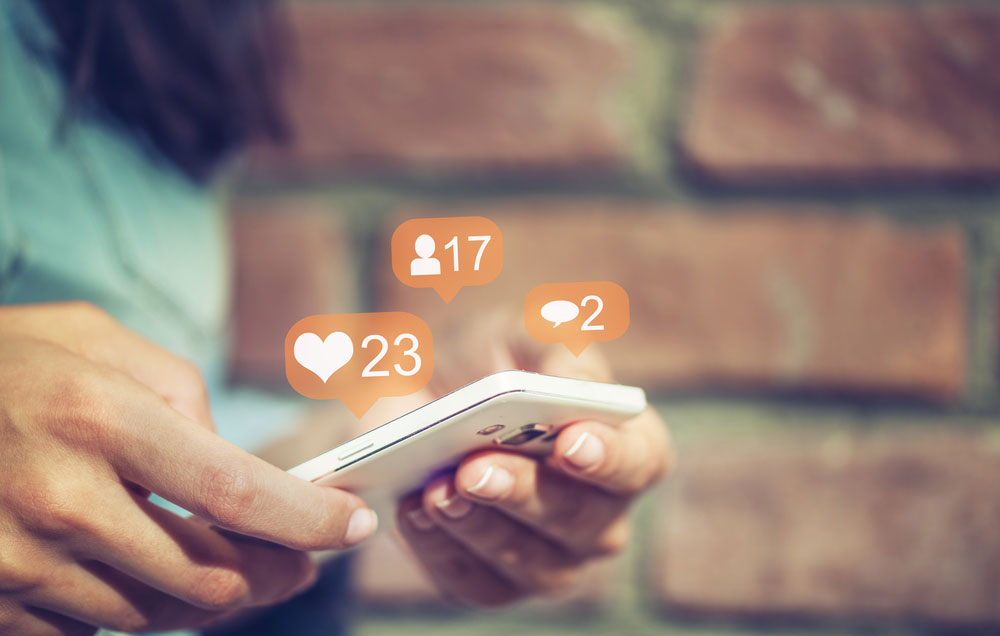Social media platforms have become a ubiquitous part of many people’s daily lives. While this technology offers unprecedented opportunities to make new connections and share valuable information, it also represents a significant mental health challenge.
The Pros and Cons of Social Media Use
Social media is a free and easy way to stay in touch with friends and family, especially over long distances. Users can find shared interest groups for almost any niche hobby or topic, which can be particularly beneficial for those feeling isolated in their offline lives. These platforms also give people a voice for spreading information and raising awareness about crucial issues.
Unfortunately, constant notifications and the endless flow of information can lead to sensory overload, which can exacerbate feelings of anxiety. The risk of putting your personal information online where people may exploit and misuse it can also contribute to anxiety and stress.
Issues Associated With Excessive Social Media Use
Too much engagement with social media can lead to several mental and behavioral health problems.
- Low self-esteem: Regular exposure to images and stories that seem to portray others’ perfect lives can make users feel inadequate, unattractive or less successful.
- Tech addiction: By design, social media apps can lead to compulsive use due to a psychological principle called intermittent rewards.
- Sleep disturbances: Using social media late at night can disrupt your sleep cycle, which can impair your well-being.
Additionally, young adults who have grown up in an era dominated by social media face unique challenges.
- Identity development: Social media can complicate the natural process of identity development by influencing or even dictating how young adults view themselves and their worth.
- Peer pressure and cyberbullying: The pressure to conform to what’s trending and the risk of cyberbullying can lead to increased anxiety and depression.
- Fear of missing out: Constant updates about friends’ activities can create a pervasive fear of missing meaningful life experiences, which can lead to feelings of loneliness and dissatisfaction.
Solutions for Healthier Social Media Use
Addressing the negative impact of social media involves setting boundaries and creating healthier habits.
- Scheduled breaks: Regularly scheduled technology hiatuses can prevent overuse and reduce reliance on digital validation.
- Mindful usage: Using social media intelligently and actively choosing to engage in positive interactions can enhance the benefits while minimizing the drawbacks.
- Digital detox: Periodic digital detoxes can mitigate the effects of overexposure to social media, allowing time for real-world connections and activities.
- Education and awareness: Educating young adults and parents about the potential psychological impacts of social media is crucial. Awareness can empower you to recognize unhealthy patterns and seek help when needed.
At New Found Life, we understand balancing life in a digital world is challenging but crucial for mental health. If you struggle with anxiety or depression exacerbated by social media, it’s imperative to seek professional help. Our team has provided exemplary care to the Long Beach community for more than three decades. We have designed gender-specific facilities to offer home-like comfort and foster an environment conducive to healing. Our admissions team is here to take your call 24/7.

